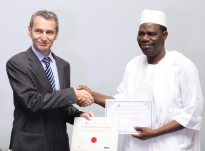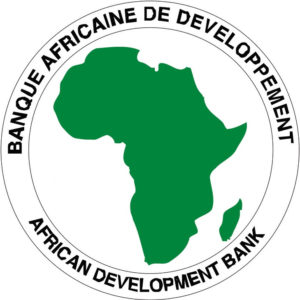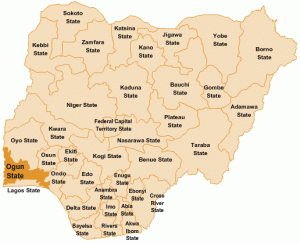In a bid to ensure Nigerians have easy access to more data on agriculture, the Food and Agriculture Organization of the United Nations (FAO) in Nigeria has handed over the Computer Assisted Personal Interview (CAPI) system developed with the support of the Agricultural Market and Information System (AMIS) to the Federal Ministry of Agriculture and Rural Development.
 FAO hands over CAPI System to help investors, agriculture merchants, traders and farmers for informed decisions and optimized activities and income. As part of the deliverables of AMIS, the CAPI System was developed in Nigeria for the collection of agricultural data. The CAPI System will be domiciled in the Federal Ministry of Agriculture and Rural Development (FMARD) for supervision and monitoring, following the handover ceremony to the Nigerian Ministry of Agriculture. It is also equipped with capacity to provide near real-time agriculture data, through crowd-sourced data from various players in the agriculture value chain. The platform has a web-based repository that will provide easy access to agricultural data producing agencies and other agricultural market stakeholders across Nigeria.
FAO hands over CAPI System to help investors, agriculture merchants, traders and farmers for informed decisions and optimized activities and income. As part of the deliverables of AMIS, the CAPI System was developed in Nigeria for the collection of agricultural data. The CAPI System will be domiciled in the Federal Ministry of Agriculture and Rural Development (FMARD) for supervision and monitoring, following the handover ceremony to the Nigerian Ministry of Agriculture. It is also equipped with capacity to provide near real-time agriculture data, through crowd-sourced data from various players in the agriculture value chain. The platform has a web-based repository that will provide easy access to agricultural data producing agencies and other agricultural market stakeholders across Nigeria.
Permanent Secretary Federal Ministry Of Agriculture, Dr. Bukar Hassan in his words stated:
“The only way agricultural production can be sustained is when the farmers can be able to reach out to various markets to sell their products, and make some returns to enable them to invest; today’s event gives us a unique opportunity to move away from traditional marketing system, monitor and evaluation system to a more digital and sustainable method where we will be able to ensure that whatever we have produced, figures we are going to have in terms of production is accurate, and therefore food security will be ensured.”

